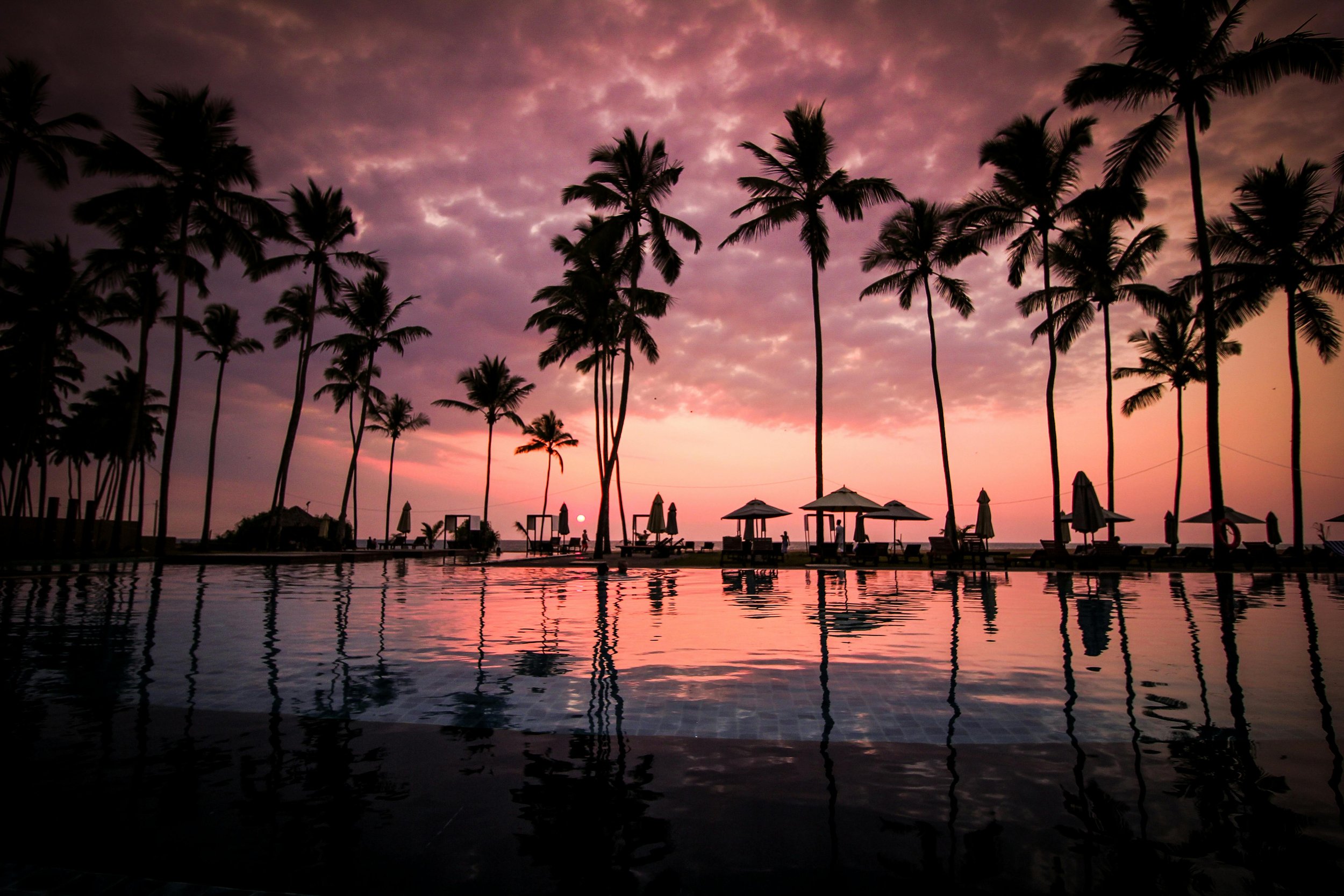Time For A Booze Vacation?
Time For A Booze Vacation?
How does removing alcohol from life for an extended period free up mental energy and improve productivity?
The beauty of a "booze vacation" is that it’s a proactive approach to managing alcohol consumption. Many people try short breaks, like "Dry January," but these often fail because they’re defensive and temporary. You take a break for a month, then overindulge on Super Bowl Sunday. A booze vacation, on the other hand, involves taking longer breaks—six months or even a year—which shifts the mindset from avoidance to exploration.
A big part of the process is helping people understand the deep impact alcohol has on their bodies and minds. When men realize how alcohol affects their testosterone, ages them, stresses them out, and has other negative effects, no self-respecting person would continue that behavior. It becomes a gamified lifestyle experiment where you commit to testing life without alcohol. You don't need to make a lifelong commitment, but you recognize it’s everywhere, and you want to see how you function without it.
Short breaks are defensive; you're not fully committed, and your friends will easily tempt you back, asking why you can’t just have one drink. Longer breaks, however, change the game. When you say you're taking six months or a year off, people see it as a bold move. The idea is to have a plan—know what to say, find great non-alcoholic alternatives, and have strategies ready to make it easier.
Ultimately, deciding to take a booze vacation means making one clear decision instead of hundreds or thousands of micro-decisions about whether to drink. It frees up mental bandwidth. Instead of spending energy recovering from the weekend or looking forward to the next one, you’re present and operating at your best.
Why is it more effective to restore health proactively?
We address both the positive and negative motivators. Often, the "stick" is a more powerful motivator than the "carrot." People are often more motivated by avoiding loss than by potential gain. No one wants to leave money on the table. Many don’t realize the negative impact alcohol has on their health. Many people, especially those in their late forties, are close to facing serious health issues like cancer or chronic disease. Managing chronic disease is expensive and often ineffective. We may have some pills and treatments, but it's much easier and more effective to restore your health proactively than to constantly manage symptoms.
Why is comfort-seeking behavior damaging to long-term health and success?
There is a lack of impulse control and discipline among many people. Even just a few drinks a week can be considered chronic, and it rewires neural circuitry. Alcohol directly and indirectly affects and lowers testosterone levels, which is crucial for men’s drive, performance, and libido. Proper testosterone levels make doing hard things feel good, but when testosterone is low, there is a lack of drive, and both physical and emotional well-being suffer. Doing challenging tasks no longer feels rewarding.
Comfort is killing us. It’s always about numbing out—whether it’s with Starbucks, a bagel, or a beer—and this is damaging. Over time, it leads to bad outcomes because it creates a shortsighted mindset, keeping people in these lower states, just trying to get back to square one. This situation can feel even worse for men who seem to have it all on paper—the nice neighborhood, great car, beautiful family, and a successful business. But when you look closer, these men are struggling. They are out of shape, have bad blood work, are sluggish, and are discontented.
What helps business owners shift their lifestyle away from alcohol for better health?
A lot of high achievers treat themselves poorly, like junkyard dogs, instead of valuing themselves like million-dollar racehorses. I worked hard to enjoy the benefits of alcohol without the downsides, but that proved impossible. This realization led me down a rabbit hole, spending a lot of time, money, and energy on sleep, supplements, fitness, and diet regimes without getting the desired results. Ultimately, the epiphany was that alcohol is the master key. All those health measures work well, but they need to be done in the right sequence. You must put alcohol aside first to see real benefits. You aren’t trading one for one; you’re trading one for a hundred.
Many think it’s a big leap to make the significant improvements I'm talking about, but that’s why I target peers who drink regularly but aren’t alcoholics. When they put alcohol aside and focus on basic health and wellness—like sleep, diet, and fitness—they see quick, substantial gains. The momentum builds, and they get motivated.
However, a big roadblock for many is the fear of losing their identity, their fun side, or feeling isolated without friends who share their choices. That’s why we created ‘Booze Vacation’—the community aspect is vital. People need to know they’re not alone or "weird" for making this choice. Many people, myself included, drink because they still see themselves as that wild guy from high school or college. But if you’re not engaging in those active pursuits anymore and feel unhealthy, you’re not aligned with that identity.
I’ve regained my youth—I surfed 10-foot waves for my 50th birthday in Nicaragua. It was challenging, but I survived and had a great time with my friends. It’s really about quality of life. Many people strongly associate their identity with alcohol, but you’re more authentically yourself when you manage alcohol use wisely. The ability to put it down for an extended period and relearn how to have fun, relax, and enjoy life without it is crucial.
*This interview has been edited and condensed for clarity.*

